UNICEF’s Lifelong Commitment to Protecting Children: A Legacy of Hope
UNICEF’s services have transformed the lives of millions worldwide, providing health, education, protection, and hope for children across decades

Since its founding in 1946, the United Nations International Children's Emergency Fund (UNICEF) has remained one of the most trusted and vital humanitarian organizations in the world. Born in the aftermath of World War II to provide emergency food and healthcare to children in devastated countries, UNICEF has expanded its reach over nearly eight decades to serve the needs of children and mothers in over 190 countries and territories.
Today, UNICEF’s services span a vast range of sectors, from healthcare and education to child protection, nutrition, water and sanitation, and emergency relief. Their mission remains clear and unwavering: to ensure every child, regardless of circumstance, can survive, thrive, and reach their full potential.
Health Services: Saving Millions of Lives
One of UNICEF’s most significant and consistent contributions has been in the field of child health. Through partnerships with governments and NGOs, UNICEF has helped vaccinate billions of children against deadly diseases such as polio, measles, and diphtheria. Its immunization programs have been credited with reducing global child mortality rates dramatically.
In addition to vaccines, UNICEF leads efforts to deliver essential maternal healthcare, provide safe childbirth resources, distribute mosquito nets to combat malaria, and support malnutrition treatment programs. UNICEF’s Ready-to-Use Therapeutic Food (RUTF) initiative has saved millions of children suffering from acute malnutrition, offering a lifeline where access to food is limited.
During the COVID-19 pandemic, UNICEF played a critical role in global vaccine delivery through the COVAX initiative, helping ensure that even the world's most vulnerable populations received access to life-saving vaccines.
Education Services: Building Futures
Education is a cornerstone of UNICEF’s vision. The organization works tirelessly to ensure that every child receives a quality education, regardless of gender, location, or socio-economic background. From building schools in remote villages to training teachers and developing inclusive curricula, UNICEF has been instrumental in getting millions of children into classrooms.
Particularly impressive are UNICEF’s efforts in conflict zones and during emergencies. In places like Syria, South Sudan, and Afghanistan, where education systems have been shattered by war, UNICEF has created safe learning spaces, distributed educational materials, and developed programs that allow children to continue their studies despite enormous obstacles.
Water, Sanitation, and Hygiene (WASH): Protecting Health
Access to clean water and proper sanitation is fundamental to children's survival and development. UNICEF’s WASH programs have provided safe drinking water, hygiene education, and improved sanitation facilities to countless communities across the globe.
Through simple but transformative initiatives — like building hand-washing stations in schools and training community health workers — UNICEF helps prevent disease, improve health outcomes, and enable children to attend school without the burden of waterborne illnesses.
Child Protection: Defending the Most Vulnerable
UNICEF’s child protection services extend across critical issues such as child trafficking, forced labor, child marriage, and exploitation. The organization actively supports the creation of legal frameworks that protect children’s rights and offers on-the-ground programs to rescue and rehabilitate vulnerable children.
In areas affected by conflict, UNICEF provides psychological support, reunites families separated by war, and establishes safe spaces where children can recover from trauma. The organization’s voice has been pivotal in raising international awareness about child rights and influencing policy change at the highest levels.
Emergency Response: Acting When Disaster Strikes
When natural disasters, famines, or conflicts occur, UNICEF is among the first organizations to respond. Their rapid deployment of emergency supplies — including food, water, medical aid, and shelter — has saved millions of lives during crises.
Whether in the aftermath of earthquakes in Haiti, floods in Pakistan, or famine warnings in East Africa, UNICEF’s emergency teams work tirelessly to ensure that children and families receive the critical support they need to survive and rebuild.
Global Advocacy: A Voice for the Voiceless
Beyond direct services, UNICEF acts as a global advocate for children's rights. The organization uses its influence to highlight critical issues, mobilize resources, and push for international agreements such as the Convention on the Rights of the Child. UNICEF's work ensures that children’s needs remain at the center of development agendas and global policy discussions.
The iconic "State of the World's Children" report published annually by UNICEF provides critical data and analysis, helping shape government policies and humanitarian priorities worldwide.
An Enduring Impact
Over nearly eight decades, UNICEF’s track record speaks for itself. The organization’s relentless commitment to children’s welfare has helped lift millions out of poverty, end preventable deaths, and create pathways to brighter futures. Its presence in some of the most challenging environments on Earth has earned it a reputation for effectiveness, integrity, and compassion.
Today, in a world still rife with inequalities, conflicts, and crises, UNICEF’s work is more important than ever. Its services offer not just immediate relief, but long-term solutions that empower communities and nurture hope for generations to come.
As LatestNewsTalk highlights the organizations making a real difference, UNICEF stands tall — a beacon of what sustained dedication, strategic partnerships, and global solidarity can achieve for humanity’s most precious asset: its children.



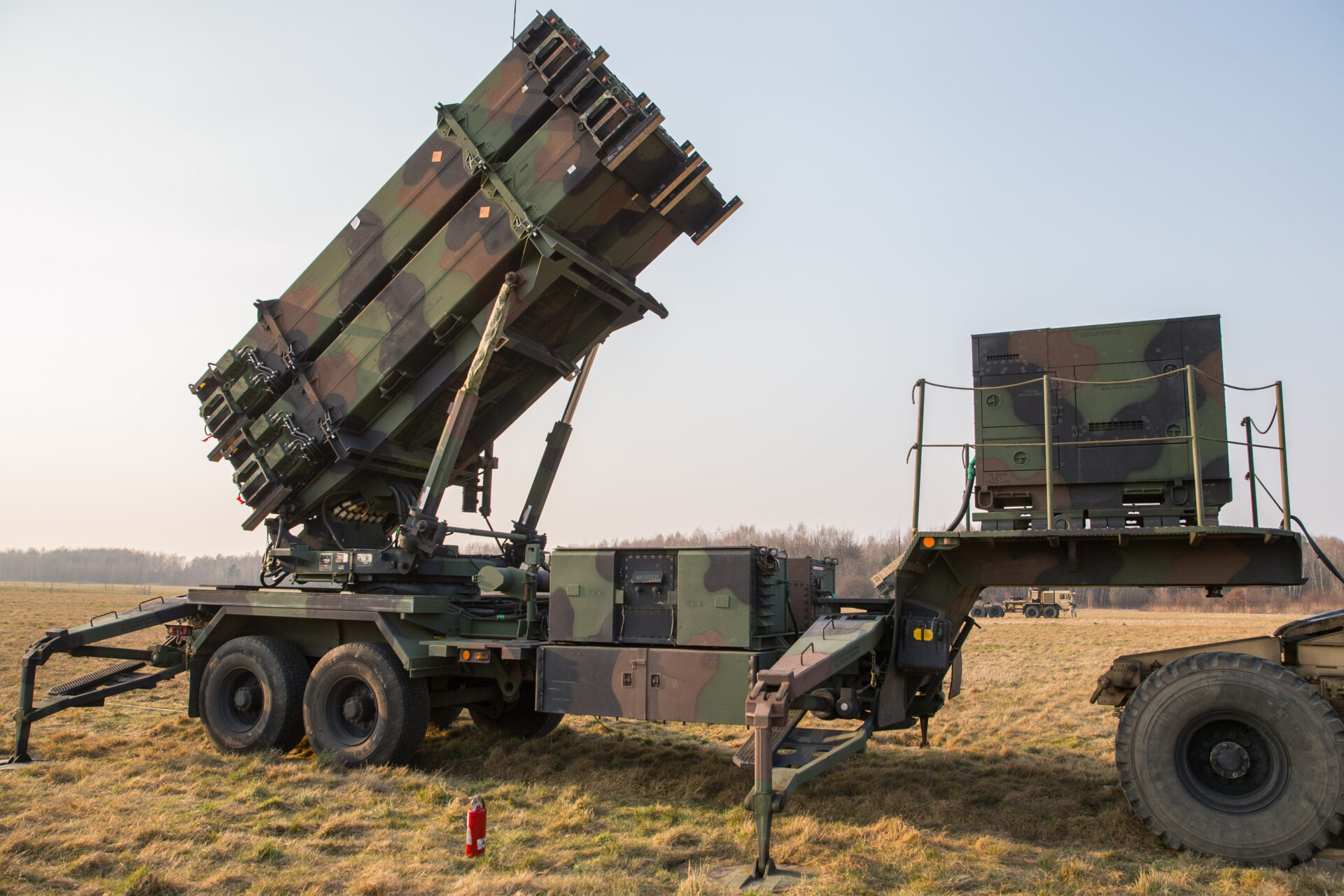





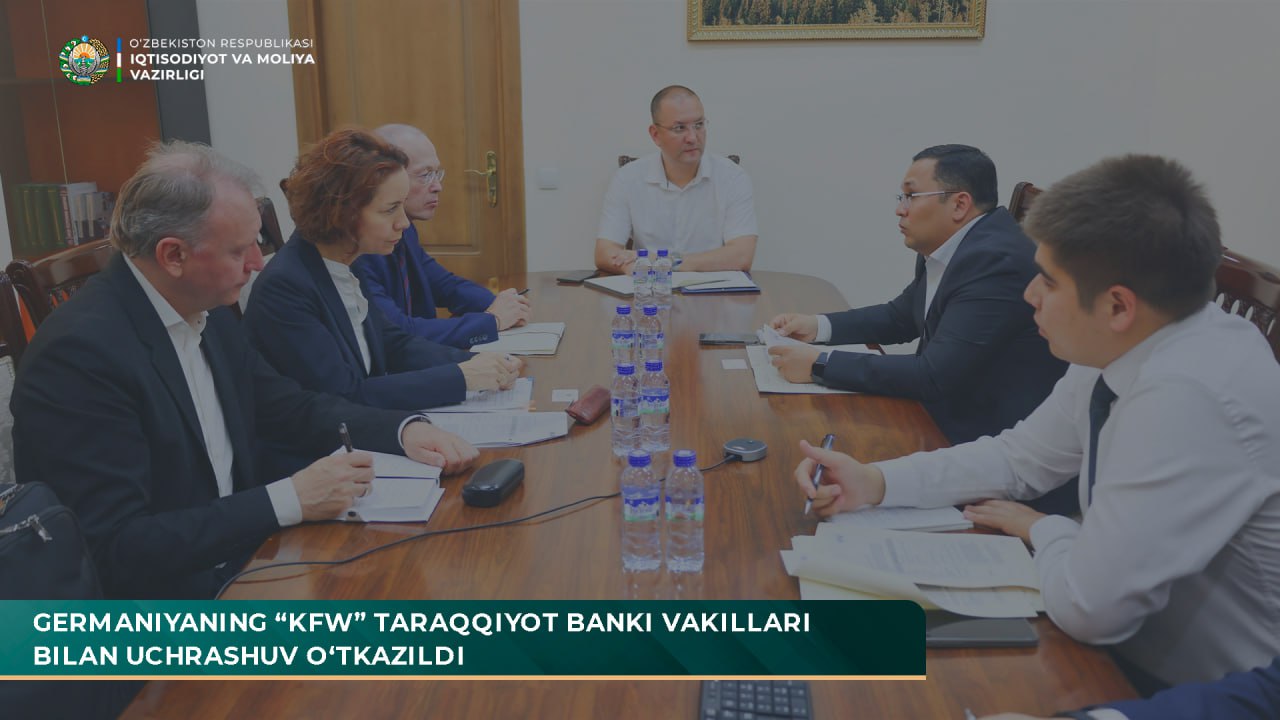
































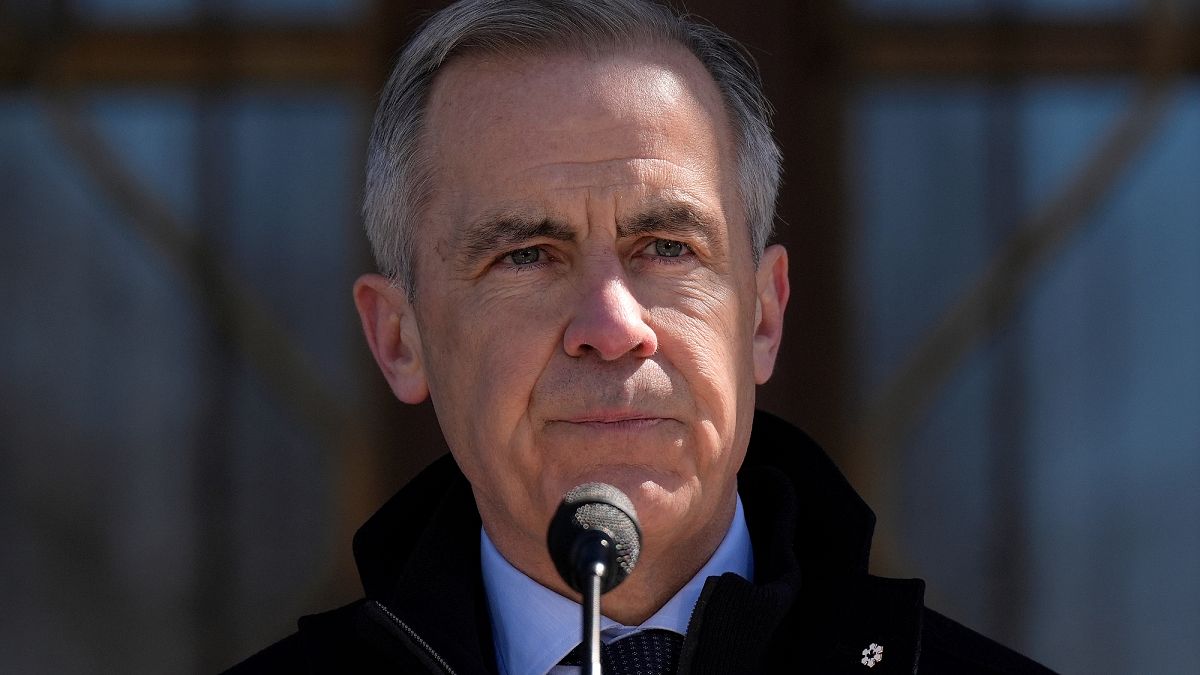

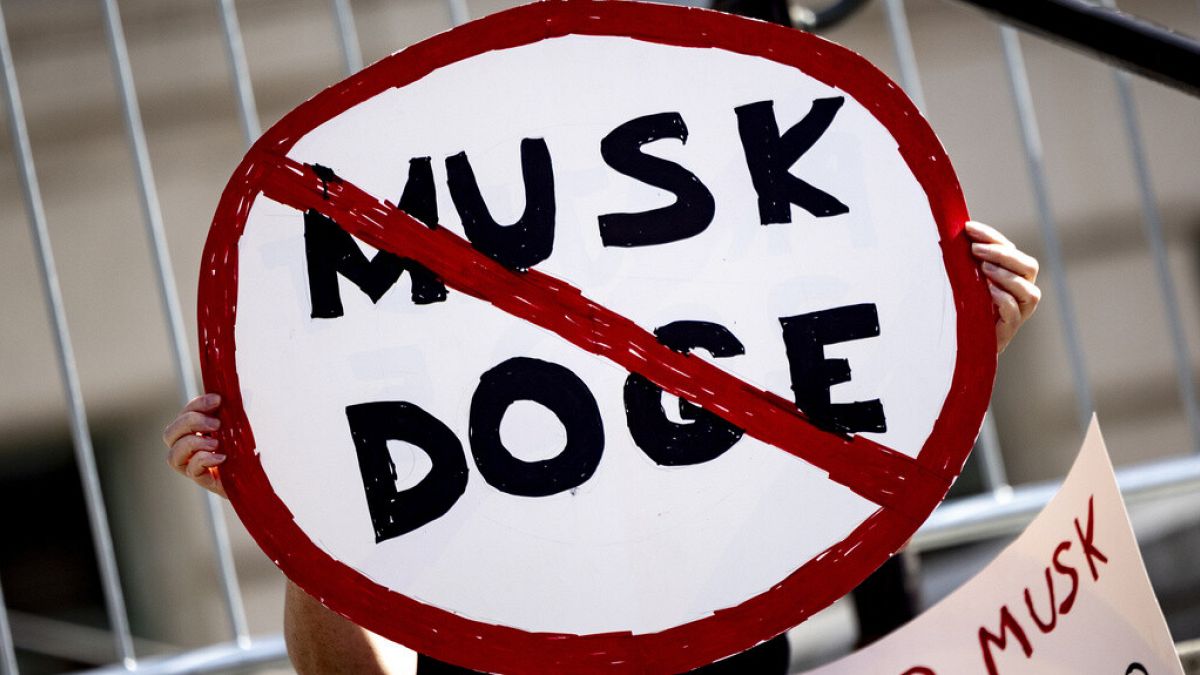
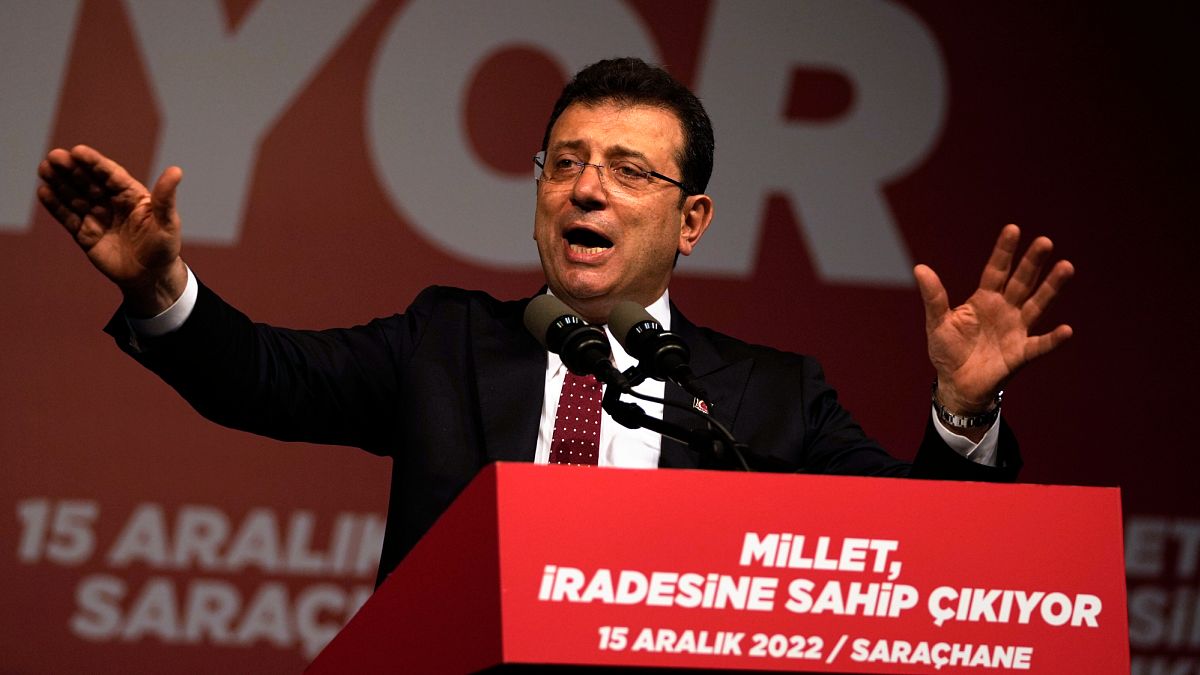


.png?Expires=1838763821&Key-Pair-Id=K2ZIVPTIP2VGHC&Signature=IO0~CT3pU-TcxGc~yoZSmoQx23MZVuK-~4jSii~NKEblRmyO3el7NXPu~Rh1o23voASg7hlcHLw4kvQuDK1jssEhcjoNBBvEpZ~GGOAU6yosBhpHpeF179F~h7i6VxmsBNh9gtTutkoqY73O2YCFey~IAqSzKbBqETP1kP9cAg1916Z1YkJJs-5MliMrkZ5d7-mWGLbpHp2wGj2VlMph8XzYlL4~y1O7fB~JdIS~Rs4RMRs2x0WT1qUIpHAsf3GdwtOyAmKFSpIg8xCyNGZZ5h~13nXlmpd7uPvW8tBfttpG9pFTqcway-uch5WyfHOEfi7UlJCOWrr6fCYY5PMgSg__)







